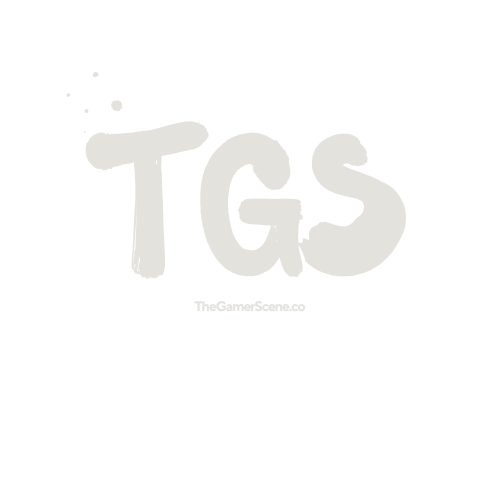Now Reading: Square Enix Reshapes Strategy, Shifts From Quantity to Quality in Game Development
-
01
Square Enix Reshapes Strategy, Shifts From Quantity to Quality in Game Development
Square Enix Reshapes Strategy, Shifts From Quantity to Quality in Game Development
Square Enix, the publisher behind acclaimed franchises like Final Fantasy and Dragon Quest, has announced a significant strategic pivot aimed at improving the quality of its games. In an update shared with investors, the company confirmed that it plans to reduce the volume of game releases in favor of refining its production processes and focusing on marquee titles with greater polish and broader global appeal.
The change marks a major shift for the Japanese gaming giant, which has released an array of titles in recent years—some of which have received mixed critical responses and failed to meet sales expectations. Notably, games like Babylon’s Fall and Forspoken underperformed both commercially and critically, prompting analysts to criticize the publisher’s scattershot approach to new IPs.
Square Enix leadership says the new direction is part of the company’s mid-term business strategy, which includes consolidating its development pipelines and placing more emphasis on cross-platform game development. This means fewer exclusives and a stronger push to launch titles simultaneously across PlayStation, Xbox, and PC—maximizing reach and sales potential from day one.
President Takashi Kiryu addressed the decision, saying, “We will focus our development capabilities and investment in a more selective manner. This allows us to allocate more time and resources to each title, ensuring a higher standard of quality across our portfolio.”
Fans have already seen hints of this transition with the upcoming Final Fantasy VII Rebirth, which has had a longer development cycle than usual and is expected to bring a polished, AAA experience. Similarly, Dragon Quest XII is still in development with few updates—a sign that projects are now being granted more time to fully mature.
The news has generated cautious optimism among audiences and industry veterans alike. While fewer titles in the short term may seem like a gamble, the move could restore confidence in Square Enix’s storied legacy of genre-defining RPGs and ambitious storytelling.
If success follows this new focus, Square Enix may once again become a model for premium game development in an industry often driven by rapid release schedules and franchise fatigue.





















